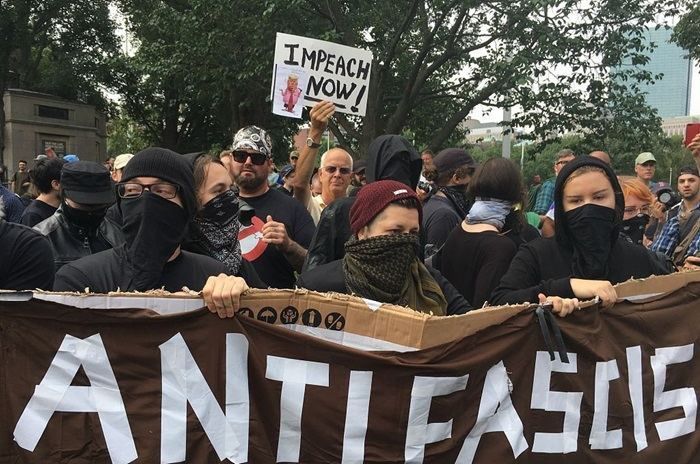In a recent episode of NPR’s Short Wave, the spotlight was shone on a topic that often lurks in the shadows but has a profound impact on the lives of many: the hidden health impacts of racism. This exploration delved deep into the ways in which systemic racism weaves its way through society, leaving a trail of negative health consequences that are often overlooked or underestimated.
Racism doesn’t just manifest in overt acts of discrimination; it seeps into the very fabric of daily life, affecting everything from access to quality healthcare to the stress levels and mental well-being of individuals. For example, people of color are more likely to face barriers when seeking medical treatment, such as longer wait times, less accurate diagnoses, and fewer treatment options. This is not only due to individual acts of prejudice but also because of systemic inequalities in the healthcare system that have been built up over generations.
One of the most significant hidden health impacts is on mental health. The constant stress of living in a society that discriminates based on race can lead to increased rates of anxiety, depression, and post-traumatic stress disorder. People of color may experience microaggressions on a daily basis, which, although seemingly small, can accumulate and take a toll on their psychological well-being. The fear of being targeted because of one’s race, whether it’s in public spaces or in interactions with institutions like the police or schools, creates a chronic state of stress that can have long-term effects on the brain and body.
There are also clear physical health disparities that can be traced back to racism. Studies have shown that communities of color are more likely to experience higher rates of chronic diseases such as heart disease, diabetes, and hypertension. This is due in part to differences in access to healthy food options, safe places to exercise, and quality healthcare. Additionally, the stress associated with racism can lead to physiological changes in the body, such as increased blood pressure and inflammation, which over time contribute to the development of these chronic conditions.
Racism intersects with other social determinants of health, such as poverty and housing instability. People of color are disproportionately affected by poverty, which limits their access to resources that are essential for good health. They are more likely to live in neighborhoods with polluted air and water, substandard housing, and limited access to educational and employment opportunities. These factors all work together to create a cycle of poor health outcomes that is difficult to break.
Recognizing the hidden health impacts of racism is the first step towards addressing them. Healthcare providers need to be trained to understand and address the unique health needs of patients of color. There must also be efforts to dismantle the systemic barriers that prevent equal access to healthcare and other resources. This includes advocating for policies that promote health equity, such as increased funding for community health centers in underserved areas and initiatives to improve housing and education opportunities for all.
In conclusion, the hidden health impacts of racism are a complex and far-reaching issue that demands our attention. By shining a light on these often overlooked consequences, we can begin to work towards a more just and healthy society for everyone.
Read more
- The Best Diet To Lose Belly Fat Men’s Health
- 7 Key Reasons Why U.S. Health Care Costs Soar Above Other Nations
- In The Unitedhealthcare CEO Case, Mangione’s Mother Takes Action


